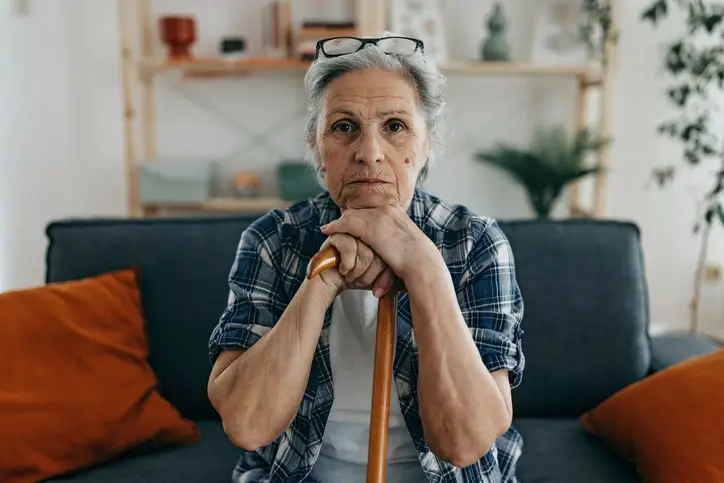A non-small cell lung cancer (NSCLC) diagnosis at any stage can be life-changing, not only for you but for the family and friends around you who may contribute to your care and treatment path. As a woman, finding care providers who not only treat your condition but actually listen to your questions and concerns may be more challenging than if you were a man. Finding the knowledge and the confidence to advocate for yourself can be stressful, for fear of being dismissed, misdiagnosed, or offered gender-biased options that might not be right for you at all.
On this International Women’s Day, it’s important to remember not just our achievements as women, but the power we all have as women to come together and ask for what we want, and all that we deserve.
Gender bias can also compound other biases. For example, research shows that women of color historically receive a lesser level of care. In fact, Black patients are 22% less likely to receive pain medication, and more than half of doctors have admitted to viewing obese patients in a negative light, where they’ve blamed their condition and any symptoms on that patient’s weight. Additional research from the NIH (National Library of Medicine) claims that women are often diagnosed later than men for over 700 diseases, including cancer.
So, how do you navigate these gender biases when you’re a lung cancer patient?
Ask questions.
It’s your right as a patient to ask questions and share concerns with your doctor, so remember that no question is a bad one. Bring a notebook or use the journaling function on the Outcomes4Me app to keep track of your answers, as well document any side effect symptoms you might want to discuss during your visit.
Stick up for yourself.
It’s ok to be firm in your opinion and be emotional at the same time. While different doctors have different takes on the idea of bedside manner, you should never be afraid to be yourself. But don’t forget, it’s ok to look for a doctor or get a second opinion if you’re not feeling comfortable from the start, as long as you’re getting the care you deserve.
Surround yourself.
Bring a family member or caregiver with you to your appointments, so they can focus on the information that you might not write down since you’re probably doing the talking. If you’re alone during an appointment, ask the doctor if you can record the session so you don’t forget what was said. Just don’t forget to ask if you can record them before you do.
Bring ideas.
At Outcomes4Me, we firmly believe you should feel you can proactively communicate with your care team about what’s best for you.
Remember, at its core International Women’s Day is about you, the power you deserve, and your right to feel heard.



